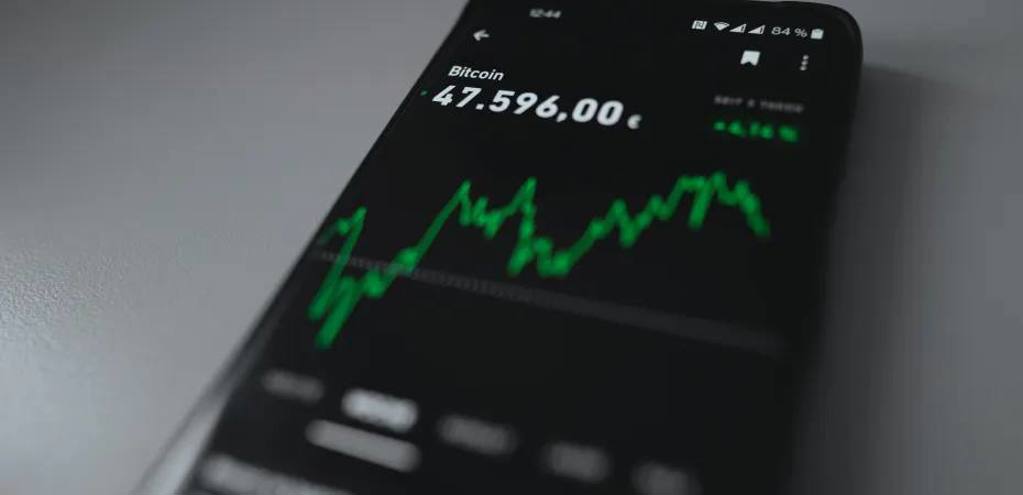Stock buybacks should be illegal.
In fact, they were for a long time before former U.S. president Ronald Reagan rescinded the laws in place to combat the practice. Since then, differences in CEO-to-worker pay ratios in the U.S. have grown exponentially, showing that buybacks are not a democratic practice in the slightest.
After the Great Depression of the ‘30s, U.S. corporations invented a way to safeguard their company losses by buying their shares back from investors. This had the double effect of raising the stock price due to reducing the amount of stock in the market, a basic rule of supply, as well as using profit to spend on buying back the stocks instead of reinvesting in new products or employees in terms of upping wages or hiring more workers. This made the company look like it was doing well given that stock prices were rising, meanwhile the very act of using profit for buybacks was the opposite of altering or improving the company’s output and organization.
After word got out in the public that this practice was becoming widespread, it was banned by the Roosevelt administration in the mid-’30s under the The Securities and Exchange Act. In 1982, the Reagan administration allowed stock buybacks again as part of the sweeping deregulatory regime that was part and parcel of the neoliberal turn.
Stock buybacks have another pernicious dimension to them beyond the lack of reinvestment they incentivize and the inflationary effect on the price stock. Many CEOs and directors of large public corporations make their salary on bonuses that are contingent on the price of the stock of the company. There’s a perverse incentive, then, to engage in stock buybacks because it means higher salaries for those at the top of the corporation, while workers are struggling with wages; wages, mind you, that have stagnated relative to the steady increase in productivity in the United States and Canada, a phenomenon that appeared with the neoliberal reforms of the ‘80s. Before Reagan and Thatcher, productivity and real wages kept pace with one another for decades.
The buyback is a kind of business maneuver that stores up wealth in the investor and corporate classes and directly weakens labour.
Take the railway strikes that Joe Biden broke up four months ago; rail workers didn’t have paid sick days or weekends off, yet the railway companies collectively made $10 billion in stock buybacks in the first six months of 2022. The paradoxes of the practice are apparent, yet it’s considered a reasonable economic practice. This has to change.
Here in Canada, too, stock buybacks are allowed and prevalent. Canadian companies spend on average around $20 billion to $70 billion buying back their own stock. Minor taxes on the practice, like the ones Ottawa proposed last year, are not enough.
Buybacks should be illegal purely from a market standpoint; they aren’t necessarily furthering reinvestment or productivity for the company, which cuts through the American Dream rhetoric of the tides of private enterprise lifting all boats. In reality, what buybacks accomplish is the entrenchment of power in the hands of the investor and management classes at the cost of workers.

